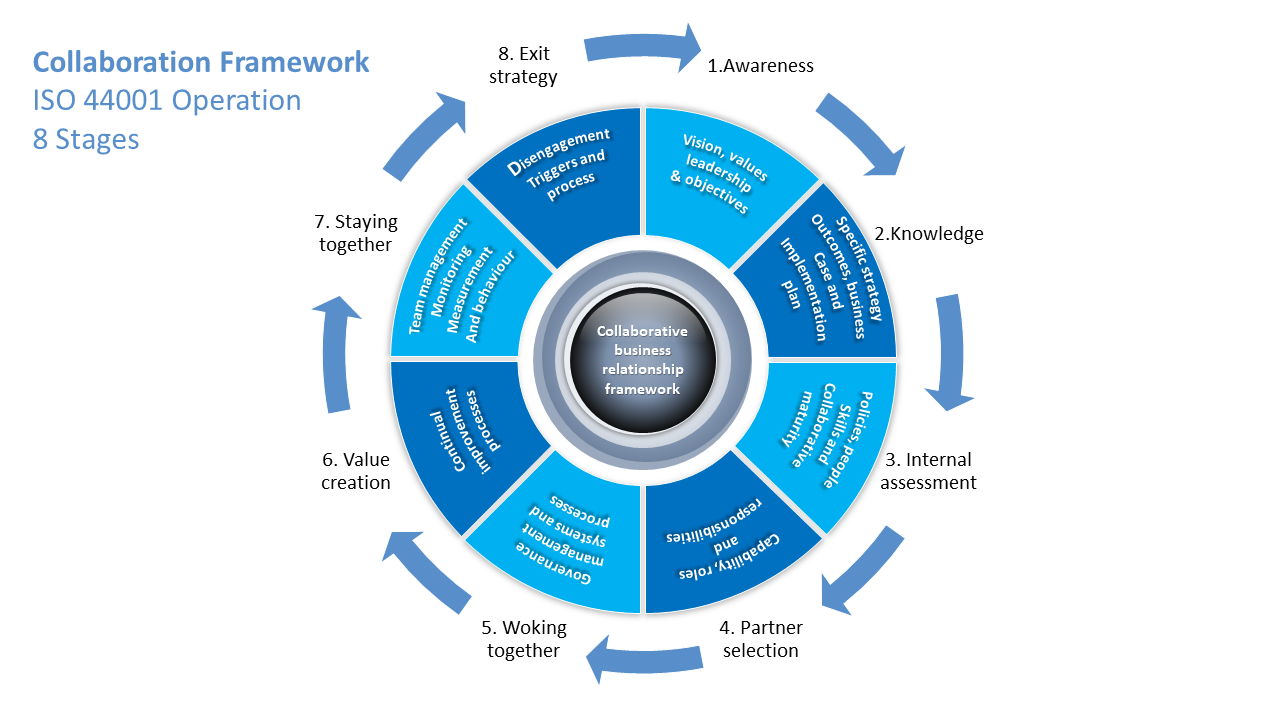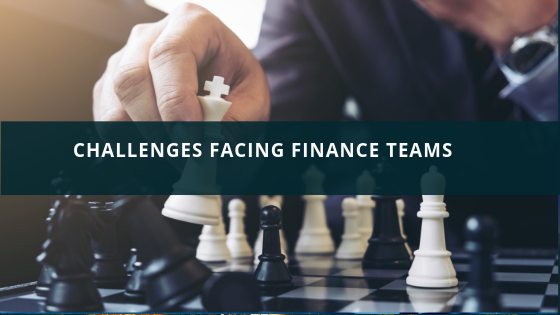Bangladesh's European Strategy: Collaboration And Economic Development

Table of Contents
Enhancing Trade and Investment Relations between Bangladesh and the EU
A cornerstone of Bangladesh's European strategy is the enhancement of bilateral trade and investment relations. Strengthening this connection is vital for unlocking the country's full economic potential.
Boosting Bilateral Trade
Bangladesh and the EU already enjoy a significant trading relationship, primarily driven by Bangladesh's Ready-Made Garments (RMG) sector. However, there's considerable room for expansion. Existing trade agreements, such as the Everything But Arms (EBA) initiative, provide a foundation, but reducing trade barriers and increasing market access for Bangladeshi products in other sectors are crucial.
- Examples of successful trade collaborations: The success of the RMG sector demonstrates the potential for growth. However, diversifying exports beyond RMG, particularly in agricultural products and light manufacturing, is key.
- Challenges faced: Non-tariff barriers, such as stringent sanitary and phytosanitary regulations, and complex customs procedures, hinder the full realization of trade potential. Competition within the EU market also presents a challenge.
- Potential for future growth in specific sectors: The agricultural sector, with its potential for exporting high-quality fruits, vegetables, and jute products, presents significant opportunities. Similarly, the light manufacturing and leather industries show promise.
Attracting European Investment
Attracting European Foreign Direct Investment (FDI) is paramount for Bangladesh's economic development. This investment brings not only capital but also crucial technology transfer, job creation, and improvements in infrastructure.
- Examples of successful European investments in Bangladesh: Several European companies have invested in Bangladesh's RMG, energy, and telecommunications sectors, demonstrating the potential for further growth.
- Sectors attracting the most investment: The RMG sector continues to be a major draw, but investments are increasingly flowing into renewable energy, infrastructure development, and technology sectors.
- Government initiatives to attract FDI: The Bangladeshi government actively promotes investment through streamlined regulations, tax incentives, and the establishment of special economic zones.
Strengthening Development Cooperation between Bangladesh and the EU
The EU is a vital development partner for Bangladesh, providing substantial assistance in various sectors. This cooperation is instrumental in achieving sustainable development goals.
EU Development Assistance
The EU's development assistance plays a critical role in poverty reduction, improving healthcare and education, and fostering climate change adaptation in Bangladesh. This support is channeled through various programs and projects.
- Examples of successful development projects funded by the EU: EU-funded projects have made significant strides in improving primary healthcare access, promoting education, and supporting climate-resilient agriculture.
- Impact on various sectors: EU aid has demonstrably improved access to healthcare, education, and clean water in many regions.
- Future areas of collaboration: Future collaboration could focus on enhancing climate change adaptation measures, promoting sustainable urban development, and building resilience to natural disasters.
Capacity Building and Skill Development
Investing in human capital is crucial for Bangladesh's long-term growth. The EU's collaboration in capacity building and skill development programs plays a key role in this endeavor.
- Examples of capacity building programs: EU-funded programs focus on vocational training, technical assistance, and leadership development.
- Impact on employment and productivity: These programs contribute directly to increased employment rates and improved productivity across various sectors.
- Future needs for skill development: Focusing on skills aligned with the growing technology and green sectors is crucial for future growth.
Addressing Challenges and Opportunities in the Bangladesh-EU Partnership
While the Bangladesh-EU relationship holds immense potential, certain challenges need addressing.
Navigating Trade Disputes and Regulatory Hurdles
Trade disputes and regulatory differences can hinder seamless cooperation. Open communication and proactive strategies are needed to address these issues.
- Examples of past trade disputes: Differences in product standards and labeling requirements have occasionally led to minor trade disputes.
- Strategies for resolving conflicts: Open dialogue, utilizing existing dispute resolution mechanisms, and harmonizing regulations are crucial for preventing and resolving trade disputes.
- Harmonizing regulations: Working towards alignment of technical regulations and standards will facilitate smoother trade flows.
Promoting Sustainable and Inclusive Growth
Sustainable and inclusive growth should be at the heart of the Bangladesh-EU partnership. This means prioritizing environmental protection and social inclusion alongside economic progress.
- Examples of sustainable development initiatives: Promoting green technologies, sustainable agriculture practices, and responsible business practices are crucial.
- Social inclusion programs: Ensuring that the benefits of economic growth reach all segments of society is essential.
- Environmental protection measures: Investing in renewable energy, waste management, and preserving biodiversity are key aspects of sustainable development.
Strengthening Bangladesh's European Strategy for Continued Economic Development
Bangladesh's European strategy holds immense potential for driving sustainable economic development. Strengthening trade and investment relations, bolstering development cooperation, and proactively addressing challenges are crucial steps. Continued dialogue and collaborative efforts between Bangladesh and the EU are essential for realizing the full potential of this vital partnership. Further research, policy dialogue, and strengthened Bangladesh-EU economic partnerships, including collaborative development strategies with Europe, are vital to unlocking the potential for sustainable and inclusive growth. Let's foster stronger Bangladesh-EU collaborations to achieve mutual prosperity.

Featured Posts
-
 Paris Facing Financial Strain Analysis Of The Luxury Sectors Decline
May 24, 2025
Paris Facing Financial Strain Analysis Of The Luxury Sectors Decline
May 24, 2025 -
 Is Sean Penns Support Of Woody Allen A Sign Of Continued Me Too Blindness
May 24, 2025
Is Sean Penns Support Of Woody Allen A Sign Of Continued Me Too Blindness
May 24, 2025 -
 Pochti 40 Par Pozhenilis Na Kharkovschine Svadebniy Bum V Data Foto
May 24, 2025
Pochti 40 Par Pozhenilis Na Kharkovschine Svadebniy Bum V Data Foto
May 24, 2025 -
 Jymypaukku Muhii Tuukka Taponen F1 Autoon Jo Taenae Vuonna
May 24, 2025
Jymypaukku Muhii Tuukka Taponen F1 Autoon Jo Taenae Vuonna
May 24, 2025 -
 Chainalysis And Alterya Merge New Horizons In Blockchain And Ai Technology
May 24, 2025
Chainalysis And Alterya Merge New Horizons In Blockchain And Ai Technology
May 24, 2025
Latest Posts
-
 Paradan Tasarruf Eden 3 Burc Sasirtici Sonuclar
May 24, 2025
Paradan Tasarruf Eden 3 Burc Sasirtici Sonuclar
May 24, 2025 -
 Iste En Cimri 3 Burc Ve Tasarruf Sirlari
May 24, 2025
Iste En Cimri 3 Burc Ve Tasarruf Sirlari
May 24, 2025 -
 Horoscopo Semanal 4 Al 10 De Marzo De 2025 Predicciones Para Todos Los Signos
May 24, 2025
Horoscopo Semanal 4 Al 10 De Marzo De 2025 Predicciones Para Todos Los Signos
May 24, 2025 -
 Mz
May 24, 2025
Mz
May 24, 2025 -
 Vegan Food Revolution Odd Burger Launches In 7 Eleven Canada
May 24, 2025
Vegan Food Revolution Odd Burger Launches In 7 Eleven Canada
May 24, 2025
